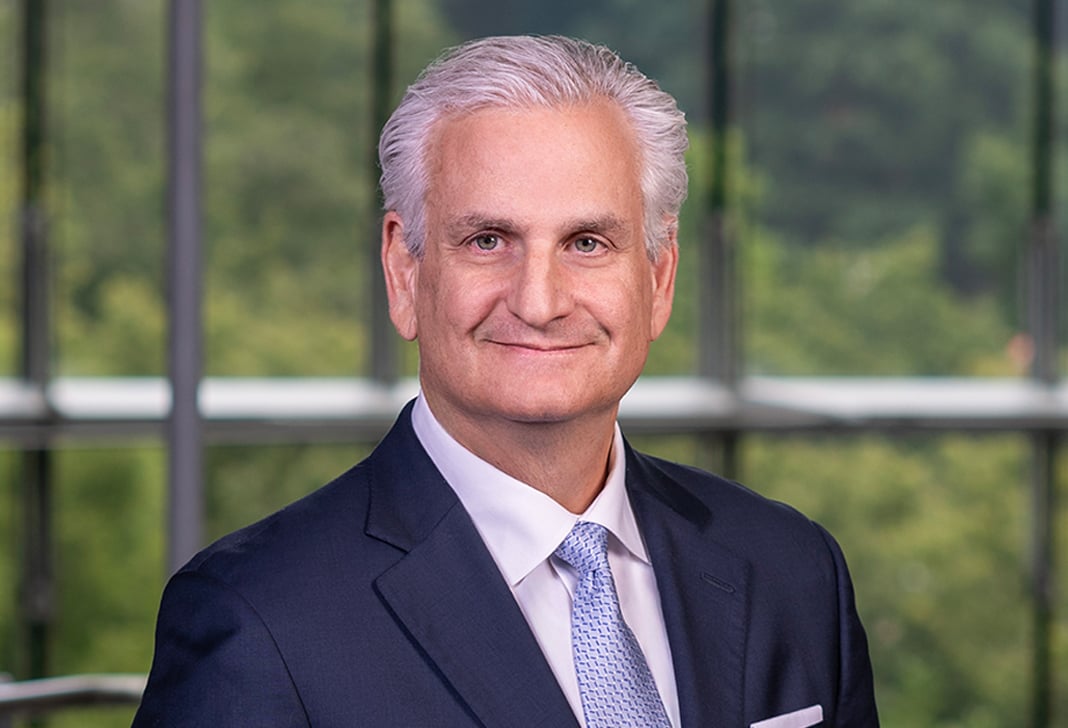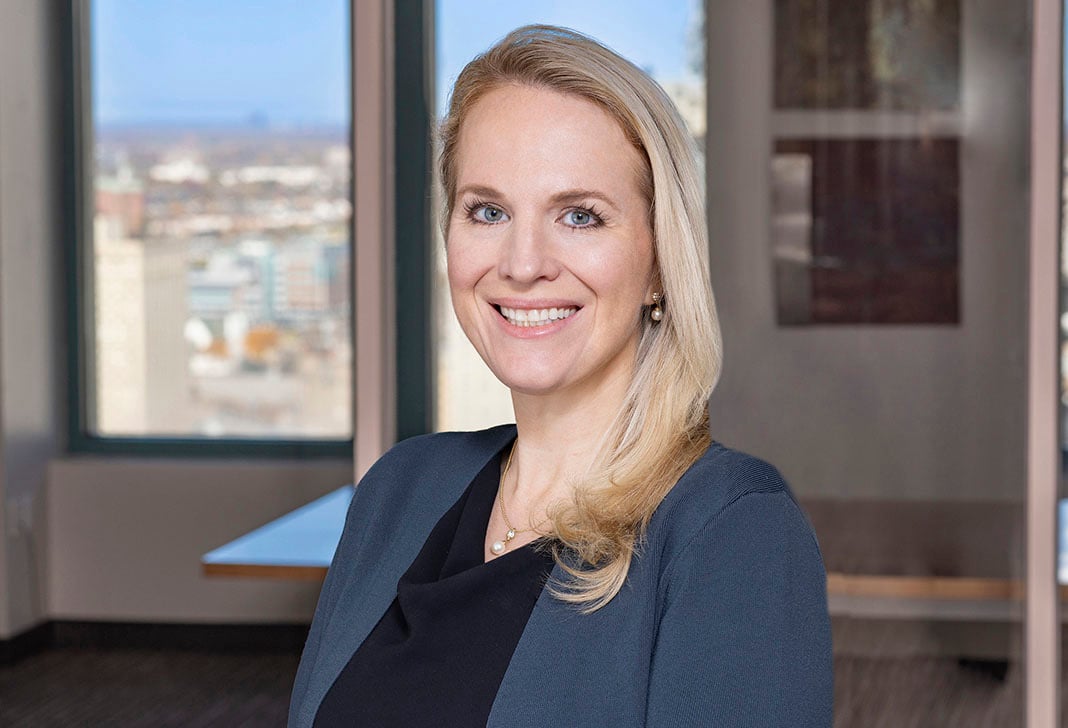
Draft Principles on Advanced Artificial Intelligence Signal Increased Efforts Toward Global Cooperation
U.S. agencies participate in the Group of Seven ("G7") Hiroshima Process on Generative Artificial Intelligence ("AI").
The United States Patent and Trademark Office, along with the U.S. Departments of State and Commerce, sought initial public comment last week on draft guidelines entitled "International Guiding Principles for Organizations Developing Advanced AI Systems." The draft guidelines aim to "promote safe, secure, and trustworthy AI worldwide and [] provide guidance for organizations developing and using advanced AI systems, such as foundation models and generative AI."
Drafted through the G7 Hiroshima Artificial Intelligence Process, which launched in May 2023 at the G7 Summit in Japan, the principles will ultimately inform the G7's continued efforts to develop a voluntary international code of conduct for organizations developing advanced AI systems.
Intended to set forth a "non-exhaustive list," the draft identifies 11 broad principles to guide organizations in this evolving space. Among other things, organizations are urged to take measures throughout the AI lifecycle to assess risk, mitigate system vulnerabilities, promote transparency by public reporting and other means, increase collaboration with other parties developing advanced AI systems, develop AI governance and risk management policies, and implement security controls, data input controls, and audits.
A key concern raised by generative AI systems is how to appropriately safeguard intellectual property ("IP")—particularly copyrighted works and trade secrets. (For more information, read our previous Commentaries on copyright and trade secrets.) The draft principles thus ask organizations to implement safeguards to protect IP rights and sensitive data.
The draft principles, while aspirational and lacking in detail, mark a step in what is likely to be an ongoing national and international discussion regarding the legal and ethical deployment of AI. As U.S. Secretary of Commerce Gina Raimondo put it, the principles represent "important progress toward ensuring that AI developers hold themselves to a high standard of safety wherever they operate"; and she described the G7's work as "instrumental to our effort to ensure that AI is developed safely and responsibly around the globe."
Organizations developing or using advanced AI systems should monitor actions taken by U.S. agencies as part of the G7 Hiroshima Artificial Intelligence Process. These actions will inform the G7's ongoing work to develop a voluntary international code of conduct for organizations developing advanced AI systems.







